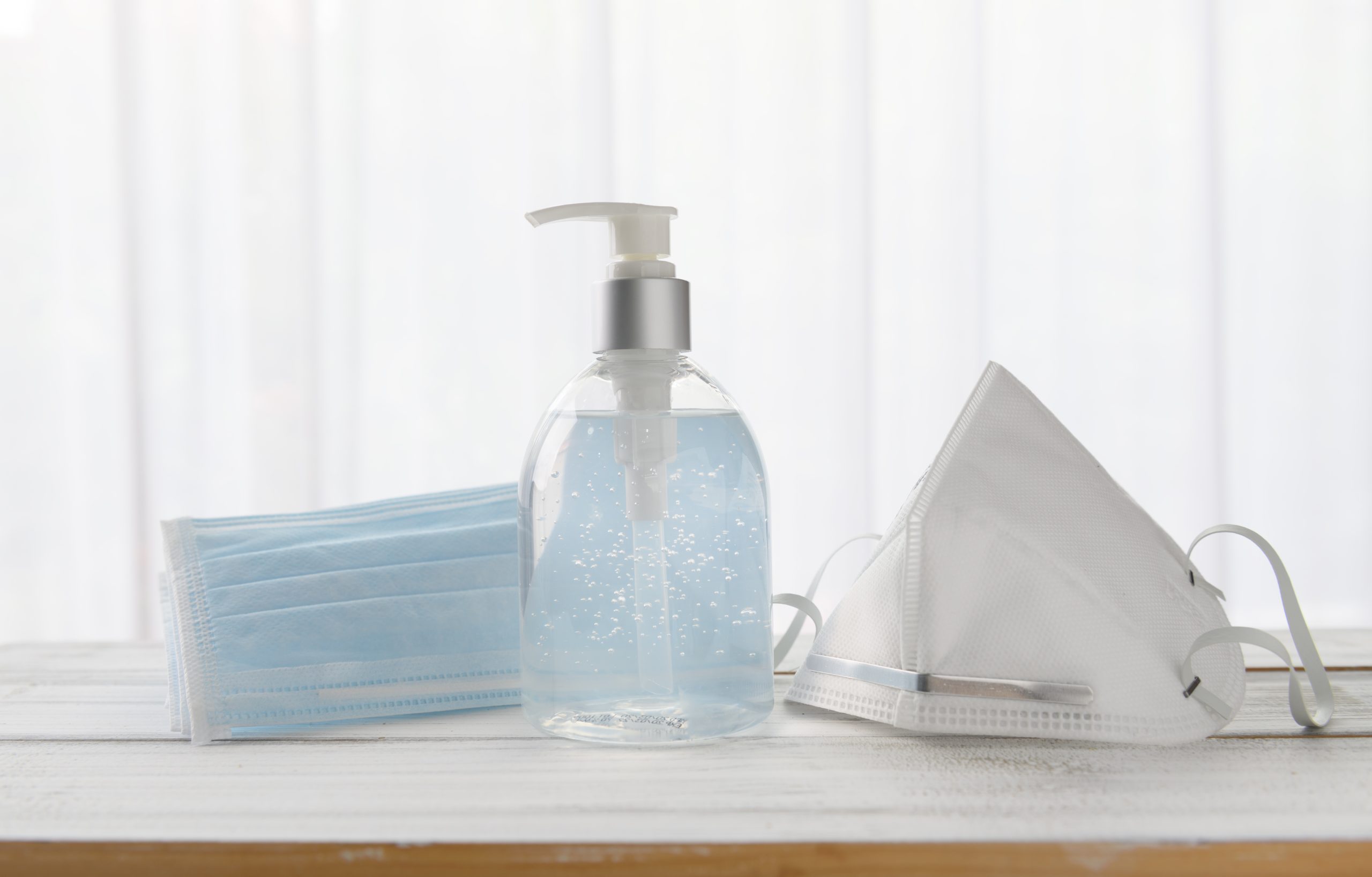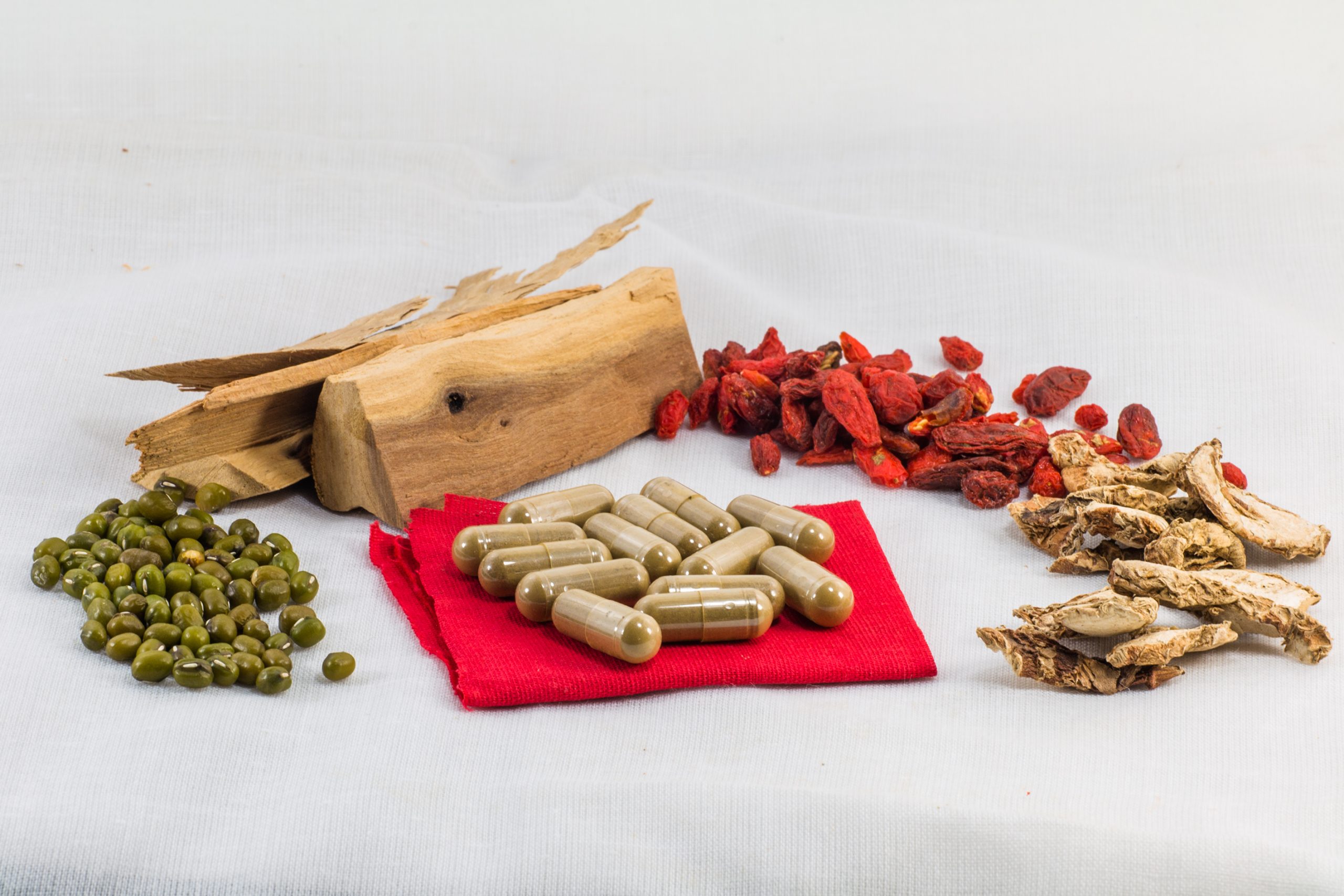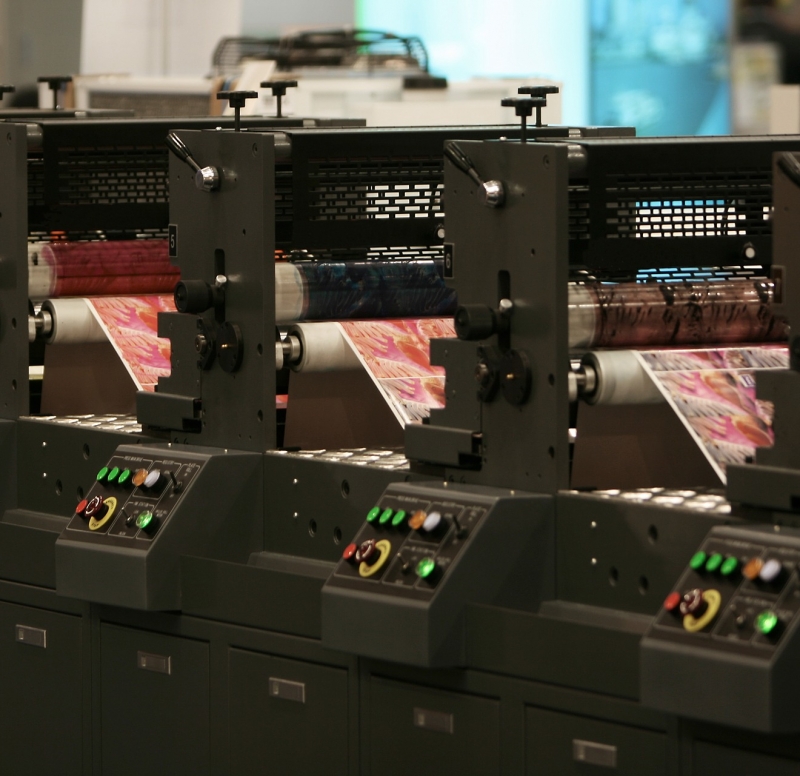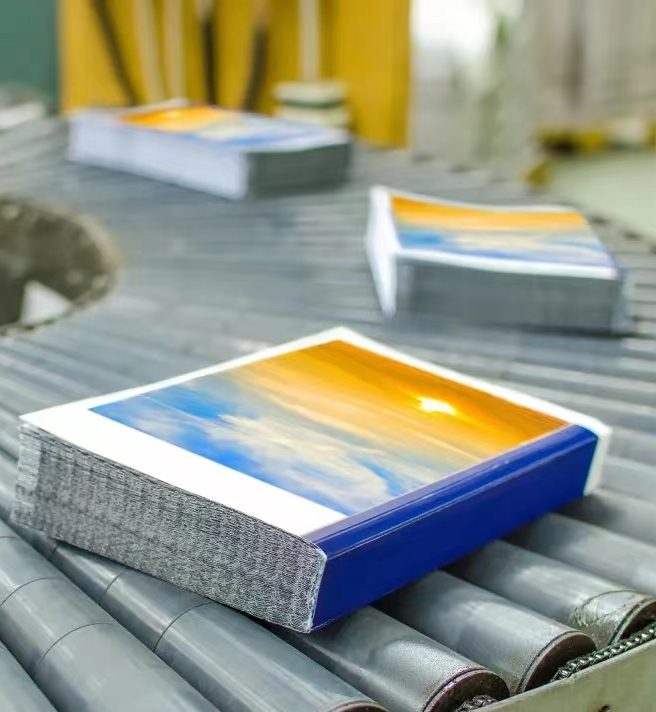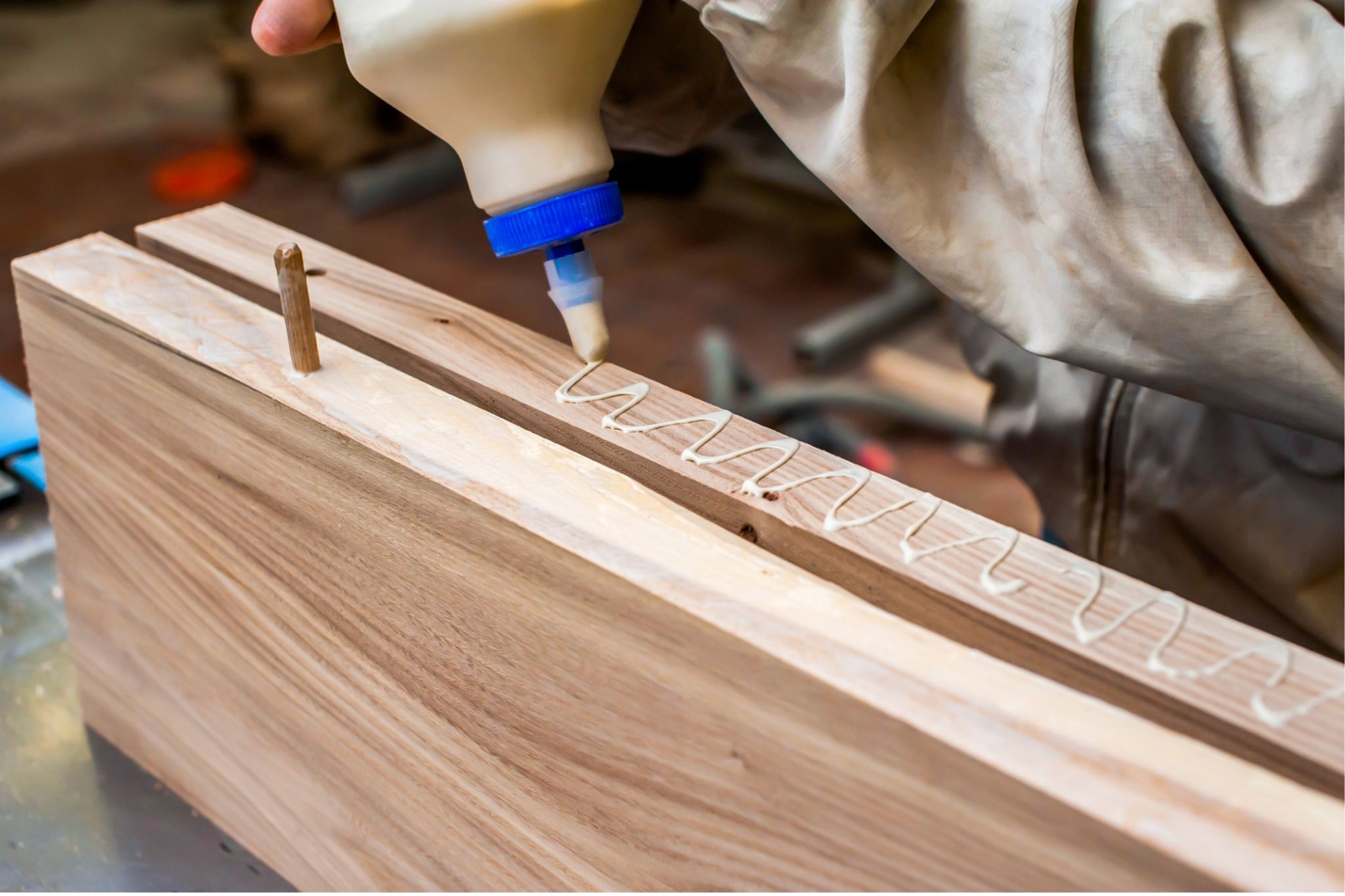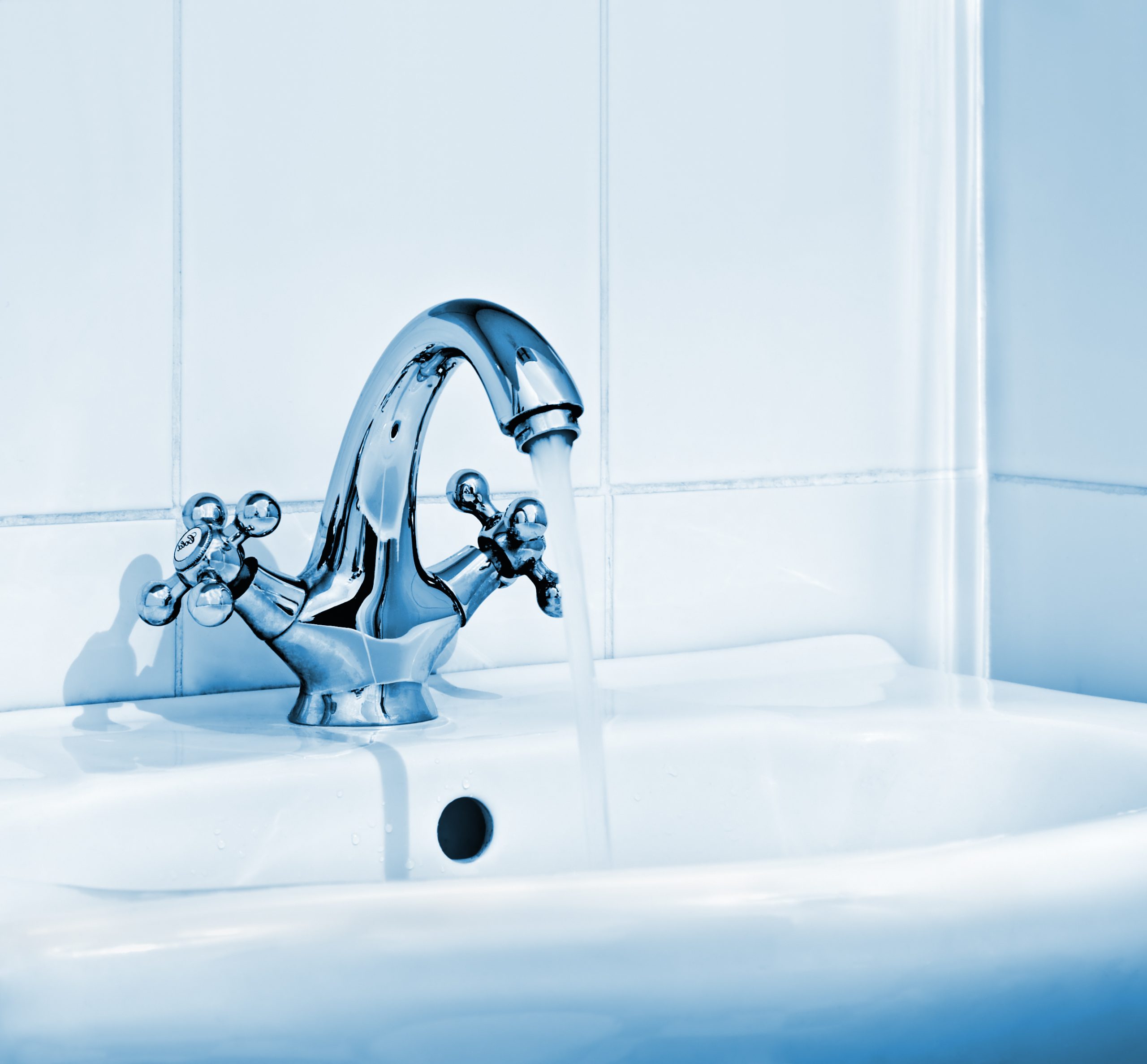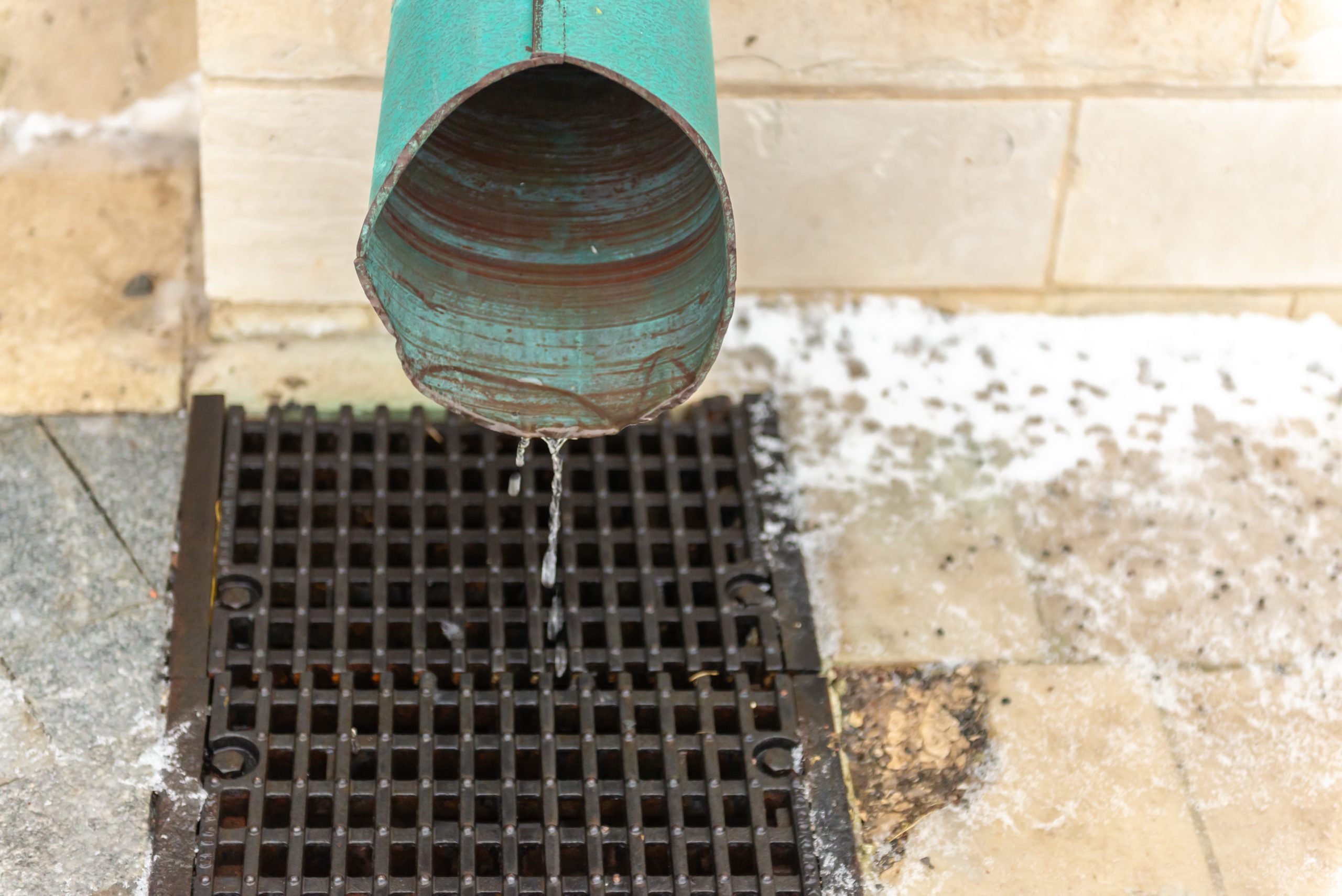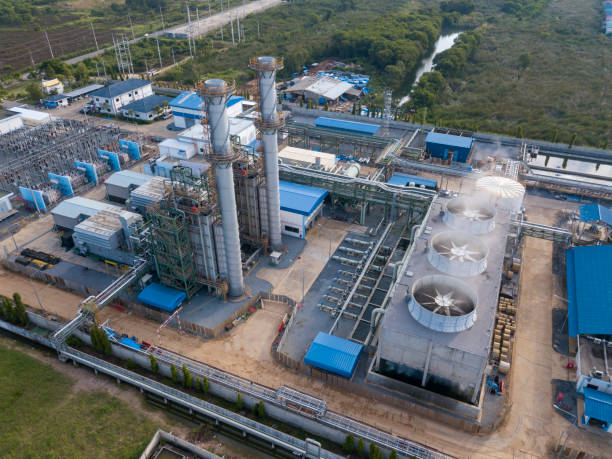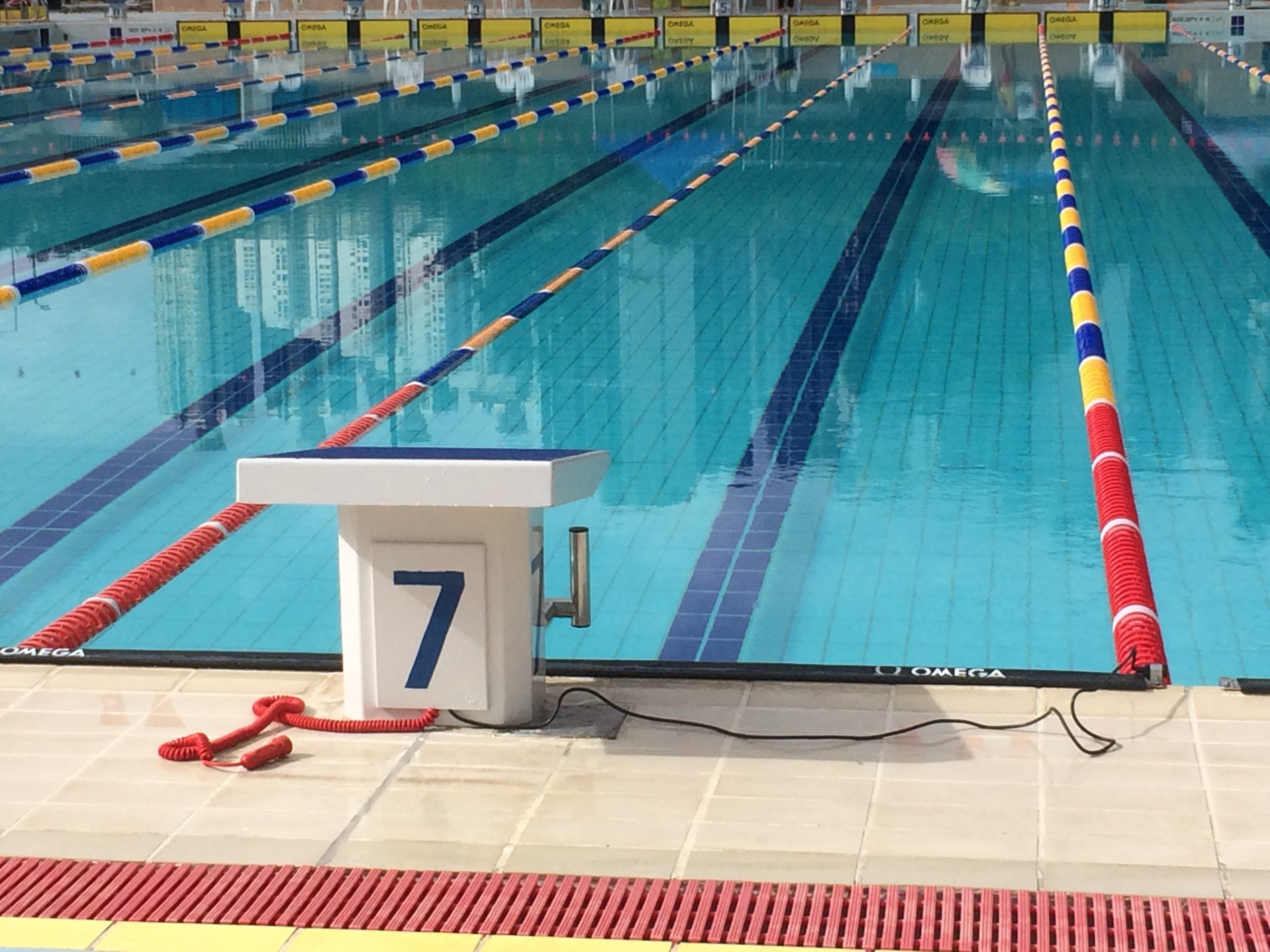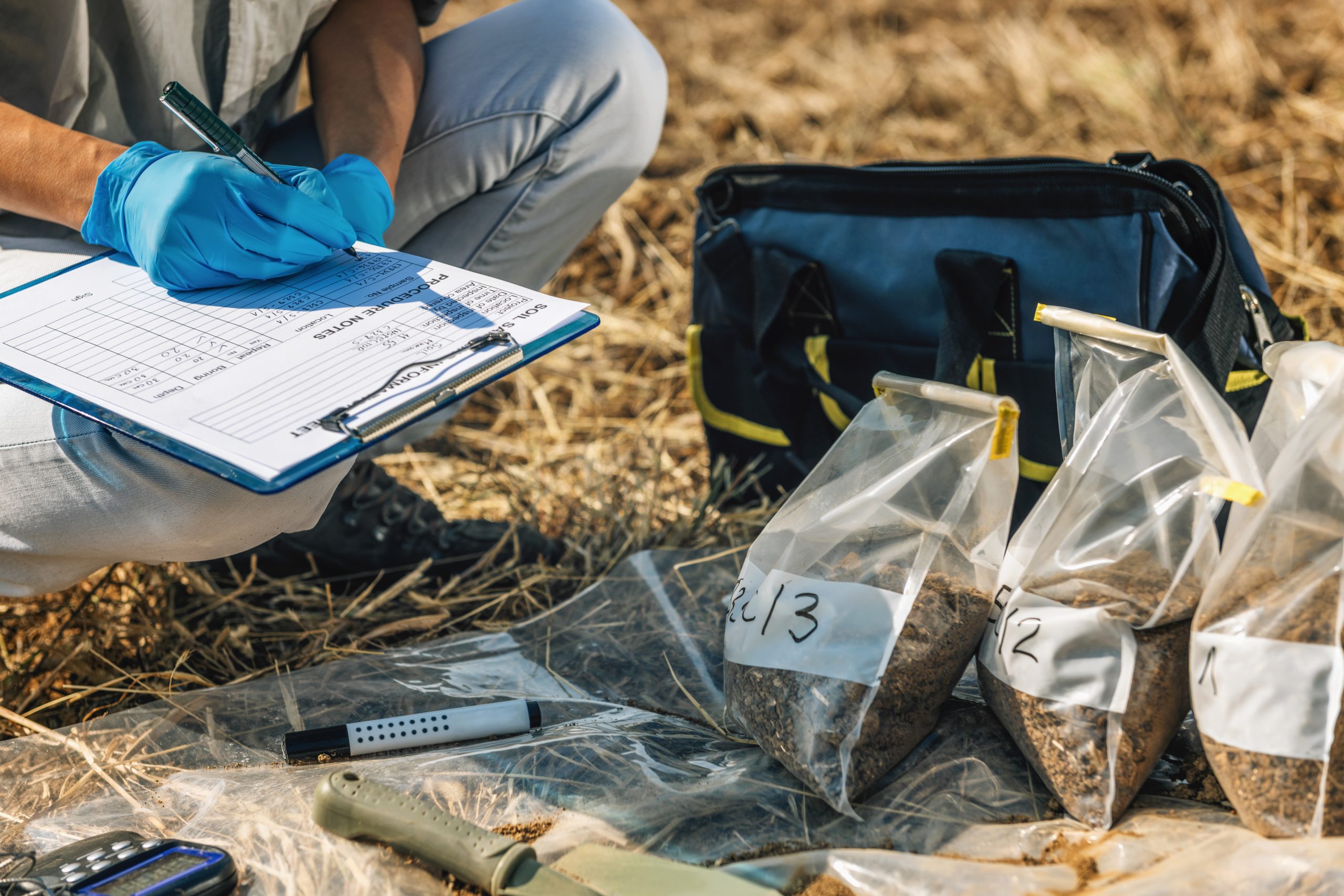Indoor Air Quality (IAQ) has a significant impact on human health and comfort. People in Hong Kong prefer to spend their time indoors because of the surrounding rows of skyscrapers and dense traffic conditions. People spend 70-90% of their indoors at home, offices, schools and other indoor environment. Infants, children, the elderly and chronic patients even spend more time indoor. It is scientifically proven that poor IAQ can lead to two levels of physical impact to humans:
- Nuisance and discomfort
- Ill health (e.g. headache, respiratory difficulties, skin irritation, fatigue, etc.)
In workplace, poor IAQ can lead to increase in absenteeism and reduction of productivity. The sources of the common indoor air pollutants in Hong Kong include chemical pollutants, particles, and biological contaminants. Children, the elderly and those with asthma or other respiratory disease or heart disease are more susceptible to the effects of VOC pollutants. In addition, Sick Building Syndrome (SBS) and other building-related illnesses such as itchy skin, dizziness, coughing, and running nose/eyes could be happened when people enter a building or premise with poor indoor air quality. A proper maintenance or operation of ventilation and indoor air quality in buildings is a vital process that can help to mitigate the risk of transmission of airborne pathogens as well as reduce the risk of exposure to airborne chemical pollutants and particulate matter whilst meeting today’s indoor hygiene and health and safety standards.
CMA Testing is one of the Accredited Indoor Air Quality Certificate Issuing Bodies (CIB) for Indoor Air Quality (IAQ) under the Hong Kong Inspection Body Accredi





